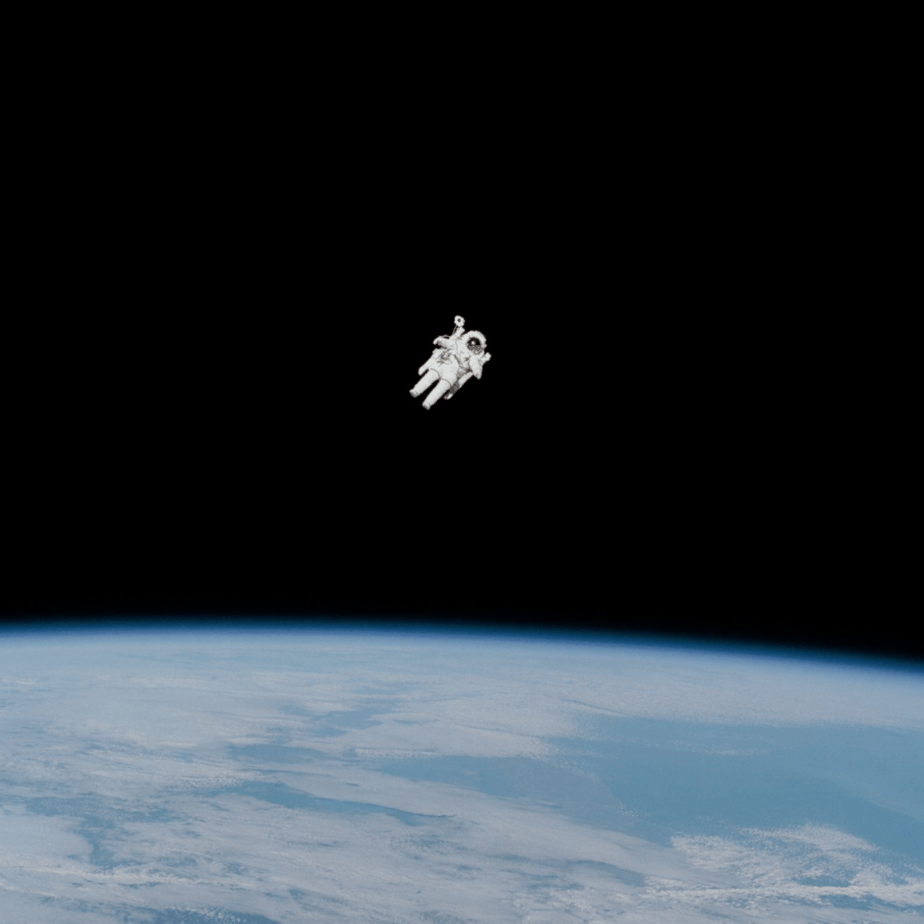Floating between distant horizons,
you dance upon a fraying thread;
turning somersaults as butterflies
threaten to break free from the fragile
anchor beneath your flailing feet.
Muscles weaken with your inaction,
as brittle bones lose their inhibitions;
gliding towards an unseen surface
that shimmers forever out of reach
against the endless night.
Beneath floating clouds of flakes,
suppressed systems begin to weal;
loosened junctions casting off
the permeability of their restraints
against the stale and thinning air.
Tumbling back to Mother Earth,
You fall harshly to your knees;
an unexpected prayer as the
weight of expectation accosts
you with its unrestrained approach.

This poem is inspired by recent research, which has found that spaceflight disrupts the functioning of the epithelial barrier (the lining in the gut) even after a return from space.
The intestinal epithelial barrier is a single-cell layer that forms the lining of both the small and large intestine, and which is an extremely important barrier that our bodies use to protect us against the external environment. It acts as a selectively permeable barrier that permits the absorption of nutrients, electrolytes, and water, while maintaining an effective defence against toxins, poisons, and other harmful substances. Certain diseases and conditions, such as inflammatory bowel disease, coeliac disease, and Type 1 diabetes can be caused by defects in this barrier. Similarly, various diseases and conditions can lead to its dysfunction which, in turn, can lead to further complications.
While investigating how the intestines function in a microgravity environment (i.e. instances of very weak gravity, such as that found in an orbiting spacecraft), the researchers in this new study found that such conditions weaken the intestinal epithelial barrier, increasing the risk of infections and chronic inflammatory conditions. This new research also observed that this defect, or increased leakiness, was retained up to 14 days after removal from the microgravity environment. The findings from this research therefore have implications for the intestinal epithelial barrier function of astronauts when they are in space, as well as their prolonged vulnerability following a return to Earth.
An audio version of this poem can be heard here:
Discover more from The Poetry of Science
Subscribe to get the latest posts sent to your email.

Wow! Never knew this. Time to work on simulating gravity in outer space soon if we want to start embarking on long journeys in the future.
Absolutely! So many challenges to overcome before long-distance spaceflight becomes a reality…